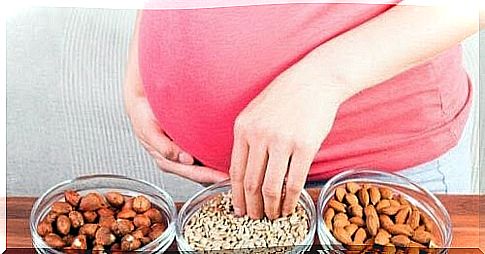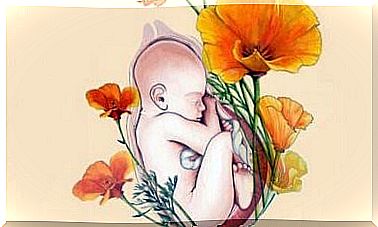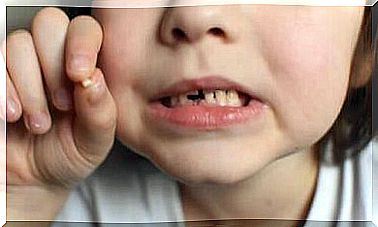Anemia During Pregnancy

Anemia during pregnancy is a very common complication. According to statistics, it affects 95% of pregnant women to a greater or lesser extent.
Anemia is caused by a decrease in iron levels until they are below normal. Iron is important because it is an important component of hemoglobin. Hemoglobin is a protein that is present in the blood. Its main function is to transport oxygen to other cells.
What happens during pregnancy?
During pregnancy, the woman has 50% more blood in her system than under normal conditions. This means that iron intake must increase to produce more hemoglobin in order to transport oxygen efficiently.
How to recognize anemia during pregnancy
One of the main symptoms of anemia during pregnancy is fatigue. Another common symptom is tachycardia, or abnormally high heart rate. Paleness and fatigue are also common symptoms.
These symptoms occur because there are fewer red blood cells to transport oxygen, therefore the heart has to work harder and the cells in the body may even be forced to function with less than optimal oxygen levels.

It is also important to remember that certain types of anemia are asymptomatic, especially when they are mild. Therefore, the midwife always wants to take a blood sample during the first visit to the maternity ward. Blood tests are a reliable way to detect anemia.
Anemia can not only manifest itself in the beginning of pregnancy, but it can occur at any time. This is why blood tests are routinely taken during pregnancy to check iron levels.
Causes
The most common cause of anemia during pregnancy is iron deficiency. However, that is not the only reason. Low levels of vitamin B12 and folic acid can also cause anemia.
Loss of blood and sickle cell anemia are other causes of the condition. There are cases where anemia is actually worse than the blood test shows.
This is because during pregnancy the presence of other fluids in the blood in what is called hemo-dilution increases. This phenomenon is characterized by a normal amount of iron and hemoglobin that has been diluted in other liquids.
Treatment
Fortunately, anemia during pregnancy can be treated relatively easily. Daily doses of 30 mg of iron are usually recommended. This intake is 30% greater than the daily recommended intake under normal conditions.
To absorb the iron effectively, it is recommended that the woman take these tablets on an empty stomach. It is also usually recommended that the woman rinse them down with a glass of orange juice as this can also help absorb iron thanks to the presence of vitamin C.
However, iron tablets should not be taken with milk. The calcium present in the milk can interfere with the absorption of the iron.
Diet
To prevent anemia, experts recommend eating a diet rich in iron. Red meat is an excellent source of iron.
In general, most types of meat are a great source of this mineral. Seafood can also be helpful in preventing anemia during pregnancy.

But even those who are vegetarians or eat less meat can affect their iron intake through diet. They can choose from legumes, raisins and potatoes as well as excellent sources of iron. Dates, nuts, apricots and tofu are good options if you want to increase your iron levels.
Fish is rich in iron, but it should be eaten with caution during pregnancy. The risk of food poisoning or the high levels of heavy metals can be very dangerous for the expectant mother and her fetus.
It is best to prevent anemia during pregnancy. In anemia caused by a lack of iron, the baby usually takes what it needs from its mother. This can leave the mother with an iron deficiency even after childbirth.
Anemia can make your child suffer from various diseases during his childhood. Integrating a healthy diet and taking routine blood tests helps prevent iron and other nutrient deficiencies that are crucial to a baby’s development.









